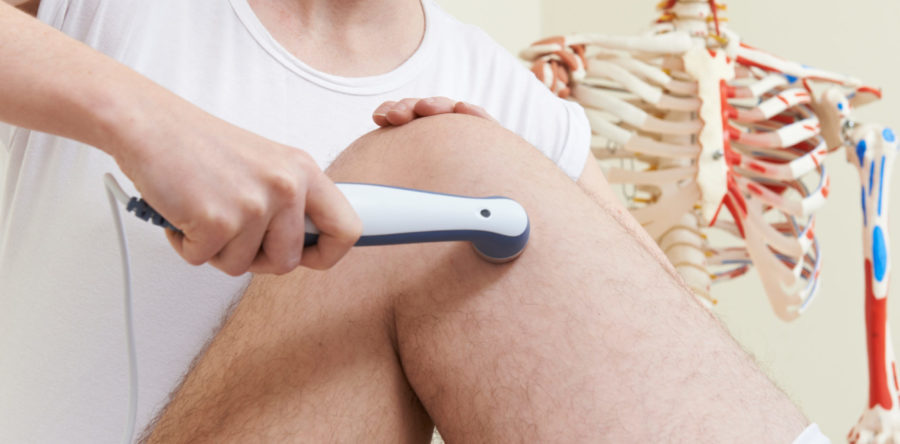If you are experiencing severe knee arthritis and similar conditions, your doctor might recommend a Total Knee Replacement (TKR) surgery to alleviate symptoms, restore joint function, and enhance range of motion.
However, most patients are unaware that there are months of post-surgery rehabilitation they still need to undergo to recover fully. This process is crucial, so this article gives a quick guide on what to expect during your post-surgery rehabilitation:
Inpatient Care Right After Surgery
Getting discharged after TKR surgery depends on the type of surgery you had and how well you can take care of yourself. Everyone should plan to spend at least one night in the hospital.
A physical therapist (PT) will assist you in learning to use crutches, a walker, or other mobility aids during the first 24 hours after surgery. While that's happening, an occupational therapist (OT) will be there to help you with things like bathing and going to the restroom over the next three days.
In the hospital, you can do many exercises to strengthen your knee, minimize your risk of issues, and expand your range of motion:
- You can train to get in and out of bed, sit on the side, and move to the restroom or commode.
- You'll practice the first few steps in your room and then move to the hallway. There will also be more walking on parallel bars or using a walker.
- Workouts that enhance blood flow to the legs and feet lower blood clots and Deep Vein Thrombosis (DVT) risk.
- The OT may teach you how to bathe, dress, and use the restroom.
- A therapist can utilize a continuous passive motion (CPM) machine on the joint to promote a range of motion, reduce stiffness, and avoid scar tissue.
You could be discharged and permitted to continue therapy at home or as an outpatient if you can flex your knee up to 90 degrees, walk with little assistance, or climb up and down steps.
Consultation with your Surgeon
Your surgeon may talk about the next steps of your rehabilitation before you are discharged.
Several things must be determined, like care for the incision, medication schedule, post-op appointments, physical limitations, and PT sessions.
Depending on your insurance, knee replacement, and social support network, you may be eligible for short-term inpatient rehabilitation. If not, you can choose outpatient rehabilitation, where you would go to a physical therapy clinic or have therapists visit your home.
Continued Physical Therapy
Patients should not anticipate that the replacement joint will be fully functional and ready to use immediately after the surgery. It's normal for a new knee to feel stiff and possibly uncomfortable post-surgery.
TKR patients often require a period of physical therapy lasting around 12 weeks. As your body adjusts to the new part, your mobility returns, and you can resume your normal activities.
Physical therapy sessions outside the hospital will consist of the same exercises and treatment to restore your knee's range of motion and strength. To complement your recovery, expect to do the following:
- Prioritize improving mobility and reducing painkiller use
- Attempt to remain standing for a more extended period—at least 10 minutes
- Develop less swelling as you'll be able to bend it past 90 degrees
- After a few weeks, you will be able to walk farther without a walker or crutches
- Create a plan to return back to work that takes your occupation into account
- Maintain a home workout routine to reduce blood clot risk
- Get back into a schedule that involves more physical activity as you get closer to the end of the 12-week therapy
- Complete healing after about six months
Conclusion
Total knee replacement (TKR) is a life-changing surgery that can relieve pain and restore function in people with end-stage knee arthritis. While the surgery is generally successful, the recovery process can be long and challenging.
The 12-week therapy for patients with Total Knee Replacement is an effective way to help in recovery and restore their previous activity level. Following the schedule and performing the exercises as prescribed is essential to ensure a successful outcome.
Do you need to locate an orthopedic physiotherapist? Whitehorse Physiotherapy will help you get better quickly. We work with you on the specific goals you have in mind. We provide the most successful therapies available so that you can recover rapidly. Contact us to set up an appointment today!





